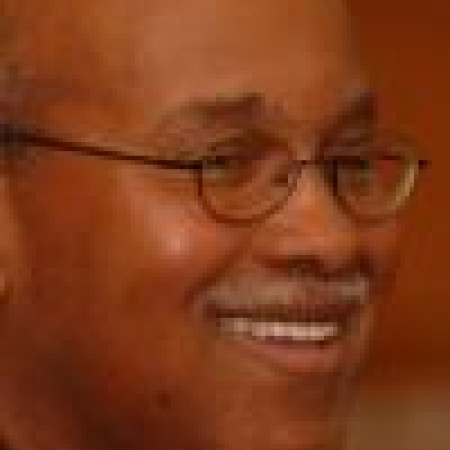Hau Lee - Boosting Profits Through Social Responsibility
Companies can indeed make money while operating in socially responsible and environmentally friendly ways. It just takes what supply chain expert Hau Lee calls the Triple-A approach—having agility, adaptability, and alignment. Closing the Stanford 2008 Responsible Supply Chains Conference, Lee describes how small to mid-sized companies in China, India, and Israel boosted profits while shrinking waste and pollution and providing a fair workplace for employees.














